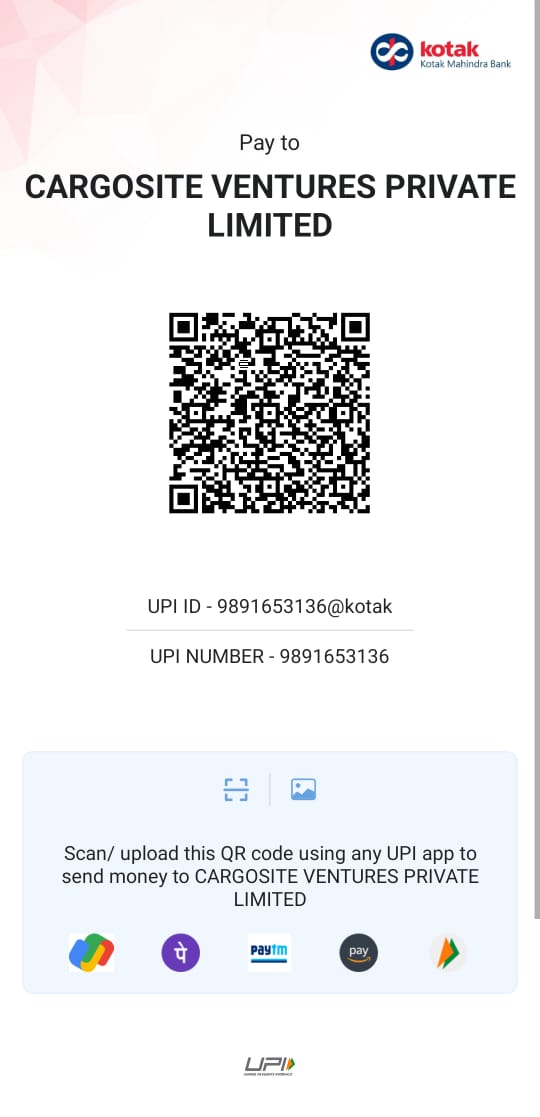Circular No. 21 /2013-Customs
F.No.B1/20/2013 -TRU
Government of India
Ministry of Finance
(Department of Revenue)
Tax Research Unit
*****
New Delhi, dated 16
th
May, 2013
To,
All Chief Commissioners of Customs.
All Chief Commissioners of Customs & Central Excise.
All Chief Commissioners of Central Excise.
Subject: Difficulties being faced in availing exemption relating to the Oil Exploration Sector
– Regarding.
Sir / Madam,
Representations have been received from the trade and the field formations regarding
difficulties being faced in availing/extending exemption relating to the Oil Exploration Sector
under Sl. Nos 356, 358 and 359 of notification No.12/2012-Customs, dated 17-03-2012.
2. Board has examined the issues raised and the clarifications thereon are as under:
2.1 Whether the goods imported for petroleum operations can be diverted from one
eligible project to another without payment of duty on the basis of EC issued by DG,
Hydrocarbons.
2.1.1 Field formations are not allowing transfer of imported goods from one eligible project
to another in the absence of a specific provision to this effect in the notification. As a result,
the contractors/sub-contractors are first re-exporting the goods and then re-importing the
same for use in another eligible project by the same or another contractor(s)/sub-
contractor(s).
2.1.2 As a measure of trade facilitation, it has been decided to allow the imported goods to
be transferred from one eligible project to another project, subject to certain safeguards to
prevent any misuse of this facility. In this regard, notification No.28/2013-Customs, dated the
16
th
May, 2013 amending the Condition Nos.41, 43 and 44 of notification No.12/2012-
Customs, dated 17-03-2012, may be referred to for details.
2.2 Whether it is necessary to furnish a re-export bond for goods imported under
this exemption.
2.2.1 Notification No.12/2012-Customs, dated 17.03.2012 does not stipulate any condition
for execution of re-export bond. The requirement under the notification is that of an
undertaking only. Once the goods are used for the eligible project, the requirement of re-
export is optional. In case of any un-authorised diversion, action could be initiated in terms of
the conditions of the exemption notification.
2.2.2 It is, therefore, clarified that execution of re-export bond shall not be insisted upon at
the time of clearance of goods under the said notification.
2.3 Whether individual member companies constituting a Consortium are eligible to
import goods under the aforesaid exemption even though the contract has been signed
by the Consortium.
2.3.1 “Consortium” unlike a “Joint Venture” is not a distinct legal entity capable of
importing the goods by themselves. Hence, the duty-free import facility extended to a
Consortium under the said notification can be made use of only if the individual constituents
of the Consortium are allowed to import. Therefore, it appears that the option to import by
individual constituents was always available implicitly under the impugned condition.
2.3.2 It is, therefore, clarified that an individual constituent of a Consortium with its name
as importer on the Essentiality Certificate (EC) is allowed to import and avail of the
exemption.
2.4 Whether each sub-contractor (of a contractor) is required to enter into a
contract with the GOI or his name should figure in the contract agreement signed
between the contractor and GOI for availing the benefit of this exemption.
2.4.1 Field formations are not allowing the benefit of exemption to imports made by the
sub-contractor if his name does not figure in the contract signed between the GOI and the
Contractor on the ground that as per the condition of the exemption, the importer is required
to produce a certificate from DG, Hydrocarbons, that the imported goods have been imported
under a contract signed under the New Exploration Licensing Policy, and containing the
name of such sub-contractor.
2.4.2 The condition (c)(i) in all the Sl. Nos. of the said notification requires that the
importer should produce an EC, which should indicate that the goods have been imported
under a contract entered between the Government and the contractor; and it should also
contain the name of the sub-contractor. The requirement of containing “the name of the sub-
contractor” is in the EC issued by the DG Hydrocarbons and not in the original contract
entered into by the contractor with the GOI. If the sub-contractor is required to enter into a
contract with the GOI, then the condition viz an affidavit to the effect that such sub-
contractor is a bona-fide sub-contractor of the contractor would be superfluous. Moreover, at
the time of entering into contract, the contractor normally does not know the name of his sub-
contractor. Hence, it is not possible to include his name in the original contract.
2.4.3 It is, therefore, clarified that non-mention of the name of sub-contractor in the
agreement signed between the contractor and GOI cannot be a ground for denying the benefit
of the exemption and that the exemption should be allowed based on the EC issued by the
DG, Hydrocarbons.
3. The above position may be brought to the notice of formations under your charge.
Difficulties, if any, faced in the implementation of the instructions may be brought to the
notice of the Ministry at an early date.
Yours faithfully,
(Prashant Kumar Jha)
Technical Officer (TRU)

